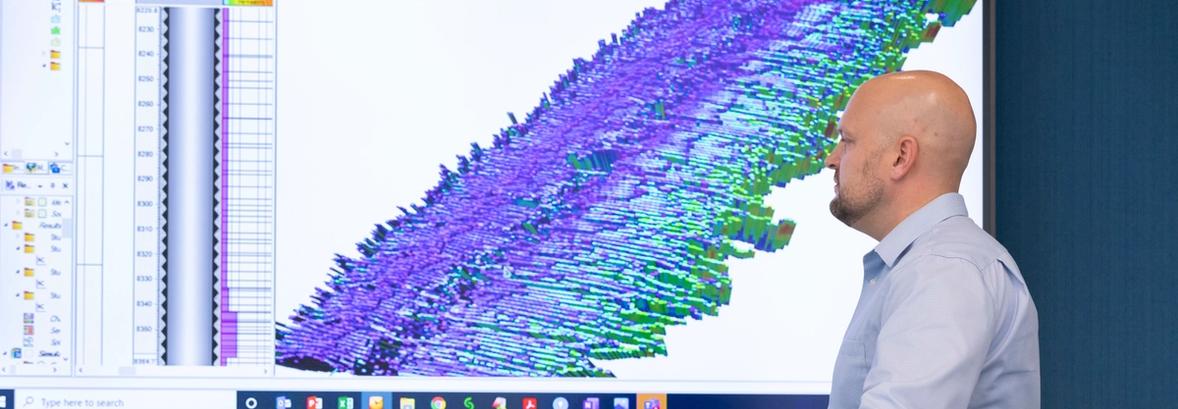

Seismicity
Though most injection wells aren’t associated with felt earthquakes, according to the USGS1, we employ risk mitigation strategies such as seismic reviews of disposal wells, minimization of disposal wells in potentially sensitive geologic areas, participation in multi-operator area-wide monitoring arrays and use of temporary seismometers when necessary during hydraulic fracturing.
Our company-wide seismicity program is integrated into our Responsible Operations Management System (ROMS), further advancing our systematic approach to mitigating seismic risk. Seismic risk and its potential causes are generally related to local geologic conditions requiring a tailored approach for mitigation. While seismic events are rare in North Dakota, all unconventional assets are included in our program, which is designed to apply the appropriate analysis and mitigation procedures to local conditions.
We take precautions to minimize disposal of produced water from our sites into wells/areas where we’ve identified an increased risk of saltwater injection induced seismicity due to geologic conditions or historical seismic activity. Site approval through our Waste Management and Vetting Approval Process is required and the use of our electronic transportation management system for waste haulers allows for adherence verification that our waste is transported to approved sites.
While seismicity associated with completion activity is rare, we monitor our completion sites in areas of concern and initiate predetermined mitigation responses to reduce the severity of seismic activity that may be associated with well stimulation. Marathon Oil’s mitigation protocols exceed regulatory requirements in the areas where we operate.
Company subject-matter experts share our learnings with other operators and industry organizations, participate in academic and government-led initiatives, and support scientific research to increase understanding of this complex issue.
How are we doing?
Your opinion matters. Please take a moment to let us know how useful you find the content on this page.
If you’d like to give us your feedback on the entire report, please fill out the complete survey for the 2021 report.



















